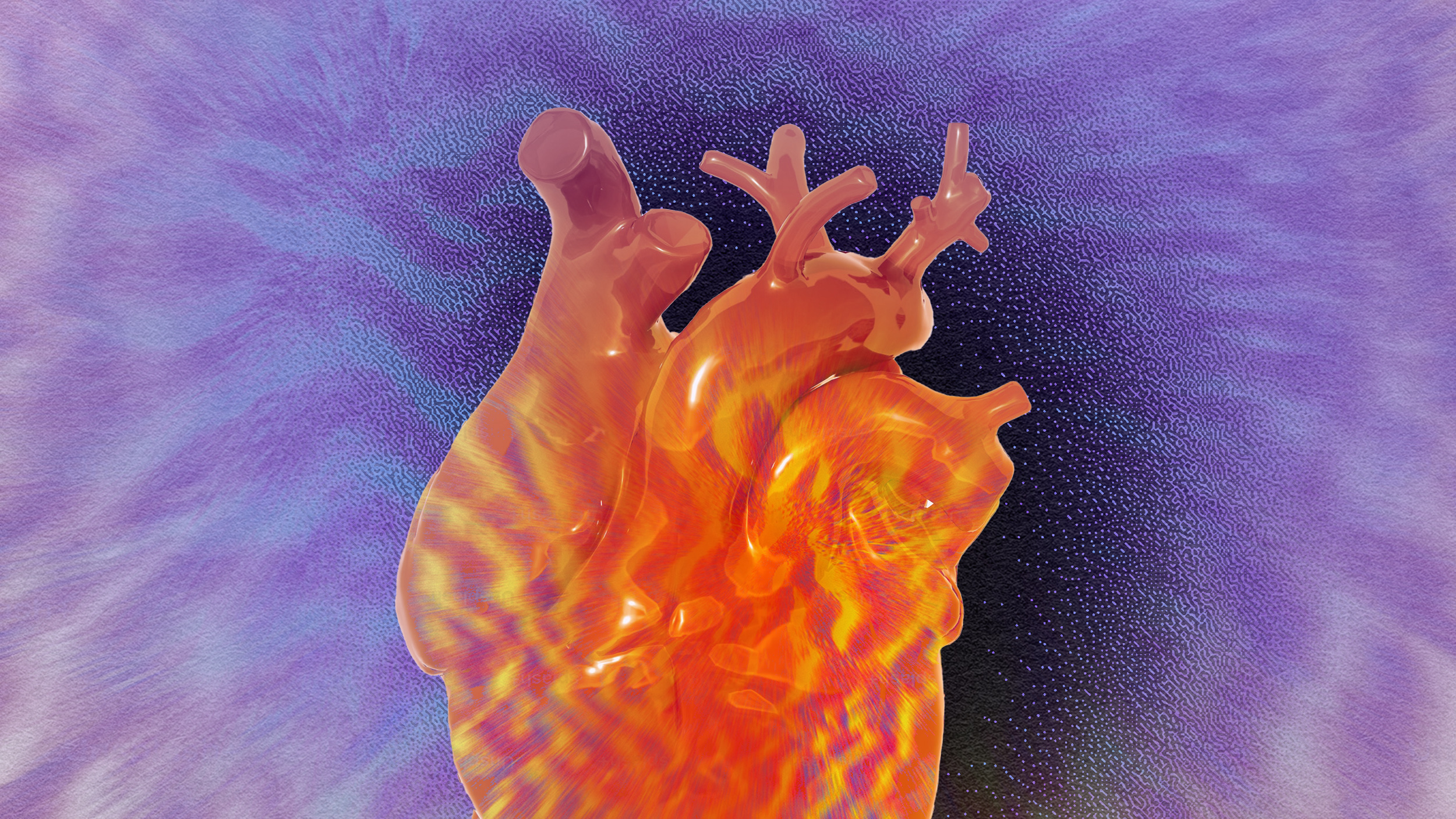Why Some Elders Really Are Getting Better With Age

What’s the Latest Development?
Researchers at the University of California-San Diego and Stanford University surveyed over 1,000 adults with a mean age of 77 years to discover what it meant to age “successfully.” It evaluated the subjects’ physical health as well as other health markers, including their own assessment of their overall health. Subjects who gave themselves high marks for successful aging tended to exhibit characteristics associated with “higher education, better cognitive function, better perceived physical and mental health, less depression, and greater optimism and resilience.”
What’s the Big Idea?
Resilience and resistance to depression were the two key factors, according to the researchers. “[P]eople with low physical functioning but high resilience [had] self-ratings of successful aging similar to those of [physically] healthy people with low resilience. Likewise, the self-ratings of individuals with low physical functioning but no or minimal depression had scores comparable to those of physically healthy people with moderate to severe depression.” Principal study investigator Dilip V. Jeste says that these findings suggest that more attention be paid to seniors’ mental health as the population grows: “Perfect physical health is neither necessary nor sufficient.”
Photo Credit: Shutterstock.com





